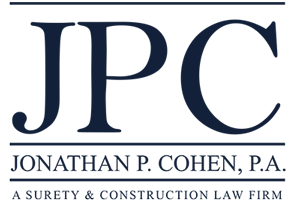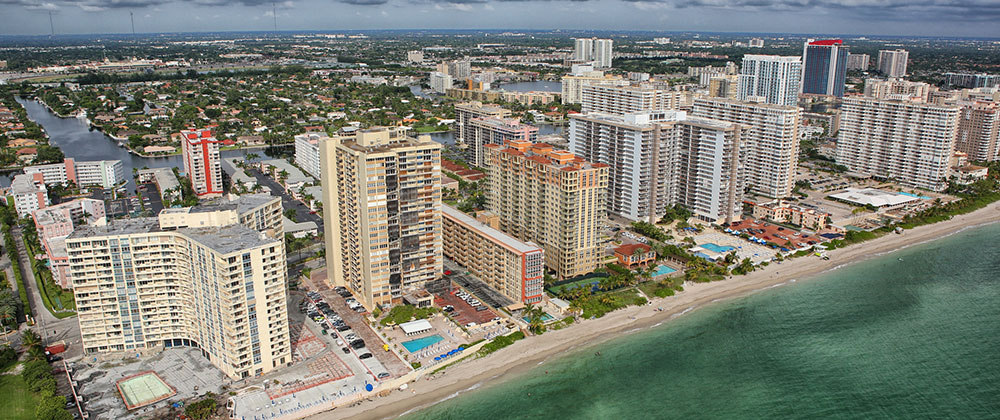Task Force Proposes Changes to Florida’s Condominium Laws
The collapse of Champlain Towers South in Surfside, Florida revealed a need for the Florida Condominium Act to be reviewed and updated. The law addresses the timing of inspections and the ability of condominium associations to waive reserves among other things. Following the collapse, the Florida Bar Association appointed a task force from members of its Real Property, Probate, and Trust Law section to review the law and make recommendations to the Legislature and Gov. Ron Desantis about changes that should be made to the Florida condominium laws. Here is some information about the laws as they currently exist and what they would be if the proposals are adopted and passed by the state from Florida construction lawyer Jonathan P. Cohen, Esq.
Current Florida Condominium Laws Insufficiently Protect the Public
In June 2021, the Champlain Towers South residential building collapsed, killing 98 people. This collapse revealed numerous problems with the building’s structure, inspections, repairs, maintenance, and the management of the building’s condominium association. Some of these problems can be attributed to the inadequacy of Florida’s current condominium laws and have led the Florida Bar Association’s task force to issue a report with proposed changes.
Currently, Broward and Miami-Dade Counties require condominium buildings to be inspected 40 years after construction. After this initial 40-year inspection, the counties then mandate inspections every 10 years. However, there is no currently required statewide recertification process. The Condominium Act also does not require condominium associations to have minimum reserves and includes voting requirements before associations can levy special assessments for structural repairs. As a result, many condominium associations require approval by the unit owners before they can levy assessments, and many also prohibit the associations from borrowing money to complete repairs. The task force believes that the legislature should deem these types of provisions to be void as violative of public policy.
Under the Condominium Act, developers must write and deliver inspection reports when buildings are turned over to owners. These reports must include attestations about the useful life, required maintenance, and replacement costs for the roof, fireproofing, fire protection systems, structure, plumbing, heating and cooling systems, electrical systems, seawalls, swimming pool, parking areas and pavement, painting, drainage systems, and irrigation systems.
One of the proposed changes to the law from the task force is to add waterproofing to the list contained in the inspection report as well as a detailed maintenance protocol for each of these building components. Existing, older buildings would have to create maintenance reports within three years.
The task force also recommends the state implement an inspection protocol for condominium buildings similar to those in Broward and Miami-Dade Counties. However, the task force does not believe that the inspection protocol for new buildings should allow them to wait for 40 years before their initial inspections.
Under the proposed changes, condominium associations would also have to have enough funds in their reserve accounts to pay for a minimum of 50% of the replacement costs for all of the items included on their maintenance lists. Before they could waive reserves, the associations would need to get the votes of a minimum of 75% of their units’ owners. For any dollar waived, the associations would have to show that they have alternative funding sources such as a loan program or existing line of credit. The task force also recommends that state and federal agencies create financing programs to fund special assessments and make long-term loans available to eligible unit owners.
Changes to Liability Rules
Other recommendations include changes that would make it more difficult for property management companies and consultants to avoid liability for failing to properly maintain condominium buildings. It also recommended that the state eliminate the sovereign immunity defense for city building inspectors. City building inspectors have not been able to be held liable for negligent inspections since the Florida Supreme Court’s decision in Trianon Park Condominium v. City of Hialeah, 468 So. 2d 912 (Fla. 1985). In that 1985 decision, the Supreme Court held that municipal building officials could not be held liable for negligent inspections because of sovereign immunity. The task force believes that the Florida Legislature should consider placing limits on the sovereign immunity currently afforded to city building inspectors to motivate them to perform their jobs correctly.
Similarly, the task force recommended that provisions in the laws that prevent condo association boards from filing lawsuits against developers should be declared void as violative of public policy. The proposed changes also include those that would make it easier for condominium associates to pursue legal remedies for construction and design defects against developers within the statute of limitations.
Improved Communications
To ensure that unit owners and potential buyers receive the information they need, the task force also recommended changes to the communication requirements between condo association boards, unit owners, and potential buyers. Under these proposals, condo boards would be required to make their inspection reports available to owners and potential buyers. Condominium buildings with more than 150 units would also be required to have websites through which they could communicate with residents and unit owners.
Talk to an Experienced Florida Construction Lawyer
Owners, developers, and condominium association boards should understand the Florida condominium laws and be prepared to make adjustments when any changes are made and enacted. Attorney Jonathan P. Cohen, Esq. has nearly two decades of experience practicing in construction law and can advise stakeholders about the law, their legal obligations, and their rights. To learn more, contact us today for a consultation at (954) 462-8850.
The information provided in this article does not, and is not intended to, constitute legal advice.
The content in this article is presented for general informational purposes only.

